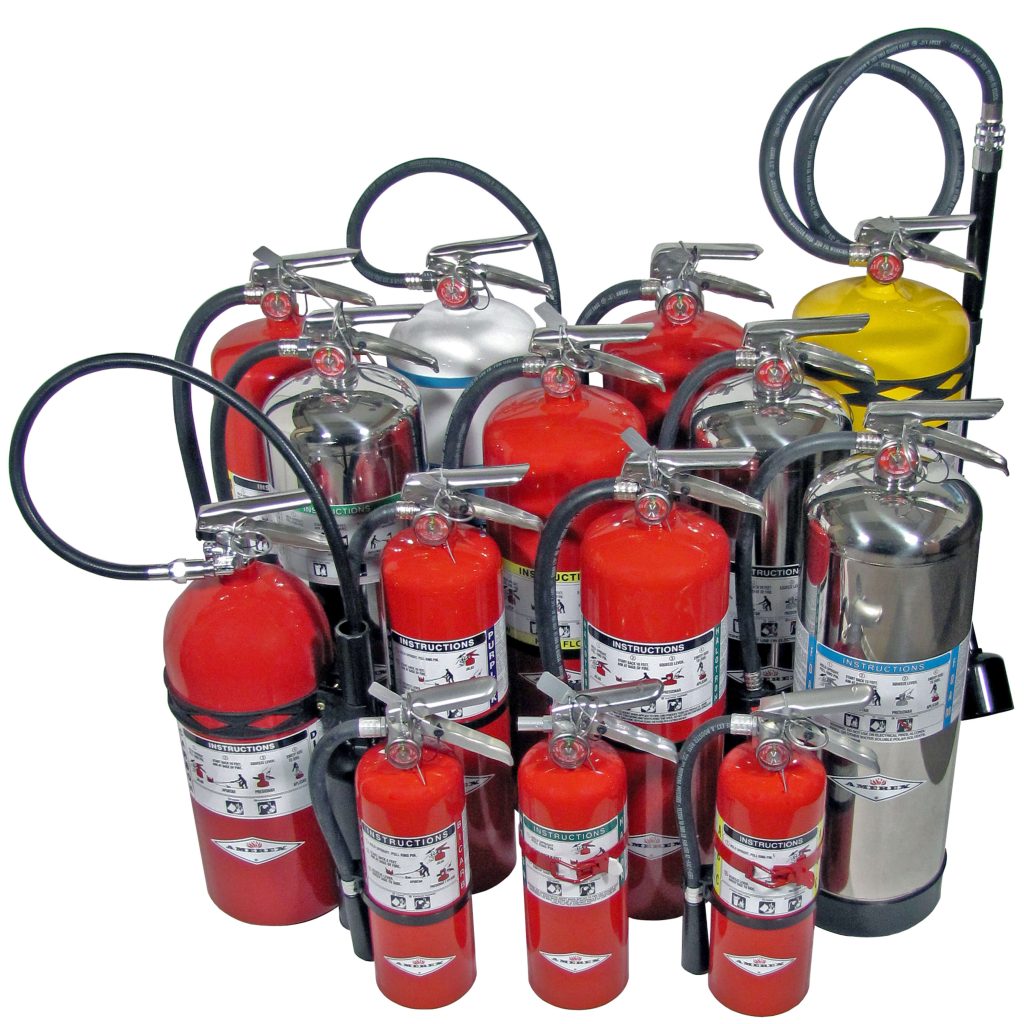In the field of fire safety it’s more than just about having the tools it’s about ensuring that the equipment operates flawlessly when needed most. Fire extinguisher services are now more than routine maintenance. It’s a necessity for every dealer of fire equipment who is committed to reliability, safety and compliance.
Recognizing the importance of the fire extinguisher’s recharge and tagging whether you have a client portfolio or operate an online storefront that has a lot of traffic is vital to build confidence in this field.

Image credit: servicedfireequipment.com
The Often Overlooked Importance of fire Extinguisher Inspection
Every extinguisher on the wall of a commercial building may appear ready but is it truly functional? Fire extinguisher inspection is the only way to confirm that. This requires more than a quick glance. Certified technicians must examine pressure levels and nozzle conditions and seals, tamper-indicators for expiration dates, general wear, and seals for nozzles.
You may leave your customers at risk of fire hazards and fines if you fail to follow these simple steps. Dealers selling fire equipment who collaborate with an inspection company that is professional are able to provide security to their customers, as they can ensure that their product is in conformity with industry standards and fit for real-world use.
The reason why the Fire Extinguisher Charge Isn’t Optional, It’s a must
A discharged extinguisher that’s only used half the time is a time bomb that ticks. It doesn’t matter if it was used to combat small kitchen flare-ups or just accidentally lost pressure over time, it’s not considered safe until it’s been recharged. This is where recharge services become vital.
Recharging is the process of replenishing or replacing extinguishing agents, repressurizing cylinders, and making sure the internal components aren’t been damaged. This procedure requires precision and understanding of the various types of extinguishers (dry chemicals CO2, foams etc.). This process demands precision, knowing the various kinds of extinguishers (dry chemical, CO2, foams and foams.) and the latest equipment.
Many dealers are now outsourcing this work, which allows them to save money while ensuring quality.
What’s the significance of fire extinguisher tagging in protecting legal rights and customer trust?
The tag is a tiny detail, but it has a huge impact.
Tagging of fire extinguishers is the evidence that proves that a unit has been inspected and maintained according to federal and state safety codes. It includes the date, technician ID and the kind of inspection performed and the next scheduled service to be performed. This tag is far more than just a document. It’s an extra layer of protection from the risk of liability for owners of businesses. For dealers, the tag functions as an identification badge.
Missing or incorrect tags can cause failure in safety audits and fines and the loss of trust among clients. It is essential to choose an organization that uses techniques for tagging that are correct and legally compliant.
Outsource the service, but keep the relationship: A smarter business model
It’s not the most efficient utilization of their time to maintain an in-house maintenance department. Instead they should concentrate on creating relationships and increasing sales. outsourcing fire extinguisher service such as inspection, charging and tagging, to a specialist service provider has become the norm in the U.S.
Dealers who take on technical responsibility may expand quickly, reduce their risk, and make sure that the extinguishers offered for sale and lease are prepared to function when lives and properties are at risk.
Final Thoughts
In today’s safety-conscious business environment, fire extinguisher service is not a luxury anymore, it’s an essential component of operational success. When dealers focus on the thorough inspection process, reliable recharge, and legal labeling, they’re not only selling products, they’re delivering security, trust and peace of thought. In the field of fire protection it’s this kind of investment that won’t expire.